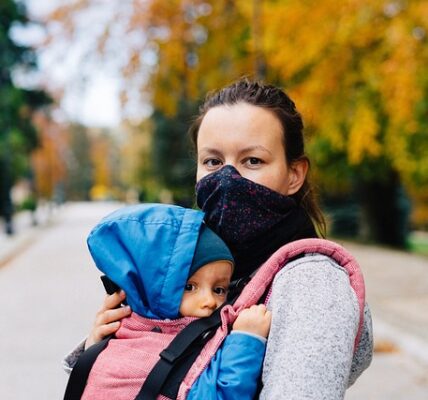Parenting Strategies for Online Safety
As a parent, it’s natural to want your child to have a safe and healthy online experience. With the rise of social media, online gaming, and the internet as a whole, it’s essential to know how to navigate these digital waters and protect your child from potential harm. In this article, we’ll explore some effective parenting strategies for online safety that you can implement in your own home.
Setting Boundaries and Rules
The first step in ensuring your child’s online safety is to set clear boundaries and rules. This includes limits on screen time, what types of content they can access, and when they can use the internet. It’s also essential to have open and honest conversations with your child about online etiquette, cyberbullying, and the importance of digital citizenship.
For example, you may want to consider implementing a “no phone zone” in the dinner table or bedroom, setting up a designated area for homework and study time, and establishing rules around social media usage. Make sure these boundaries are clear and consistently enforced to avoid confusion or frustration.
Supervising and Monitoring
While it’s impossible to be constantly watching your child’s online activity, there are steps you can take to keep an eye on their online behavior. Consider investing in parental control software that allows you to track online activity, block access to specific websites or apps, and monitor social media activity.
Additionally, try to spend quality time with your child online, engaging in activities together and discussing their online experiences. This will help you stay informed about what they’re doing online and allow you to address any concerns or issues that arise.
Teaching Digital Literacy
As your child grows older, it’s essential to teach them digital literacy skills, such as how to use search engines safely, evaluate online sources, and recognize cyberbullying. This can be done through interactive activities, workshops, or even just one-on-one conversations.
You can also encourage your child to participate in online communities that promote digital citizenship, such as websites that focus on internet safety, social media etiquette, and online responsibility. These resources will help your child develop essential skills for navigating the online world safely and responsibly.
Staying Up-to-Date with Online Trends
The online landscape is constantly evolving, with new trends and technologies emerging all the time. As a parent, it’s essential to stay informed about these changes and adapt your parenting strategies accordingly.
Consider following reputable sources, such as online safety organizations or government agencies, that provide guidance on current online trends and threats. You can also join online communities or forums focused on parents and online safety to stay connected with other like-minded individuals who share similar concerns.
Creating a Safe Online Environment
Finally, consider creating a safe online environment for your child by setting up a secure home network, using strong passwords, and keeping software up-to-date. This will help protect against cyber threats and ensure that your child’s devices are safe to use.
You can also consider investing in internet security measures, such as firewalls or antivirus software, to provide an extra layer of protection for your child’s online activity.
Key Takeaways
* Set clear boundaries and rules around screen time, social media usage, and online behavior.
* Supervise and monitor your child’s online activity using parental control software or by spending quality time with them online.
* Teach digital literacy skills, such as how to use search engines safely and recognize cyberbullying.
* Stay informed about current online trends and threats through reputable sources.
* Create a safe online environment by setting up a secure home network, using strong passwords, and keeping software up-to-date.
Conclusion
Parenting in the digital age can be daunting, but with the right strategies and mindset, you can help ensure your child has a safe and healthy online experience. By implementing these parenting strategies for online safety, you’ll be better equipped to protect your child from potential harm and provide them with the skills they need to navigate the online world responsibly.
Advice
* Stay informed about current online trends and threats.
* Encourage open and honest conversations with your child about online etiquette and digital citizenship.
* Consider investing in parental control software or internet security measures to enhance your child’s online safety.
* Spend quality time with your child online, engaging in activities together and discussing their online experiences.
Tags
parental online safety tips, kids digital literacy, parent-child relationships online, cybersecurity for families, online parenting strategies




